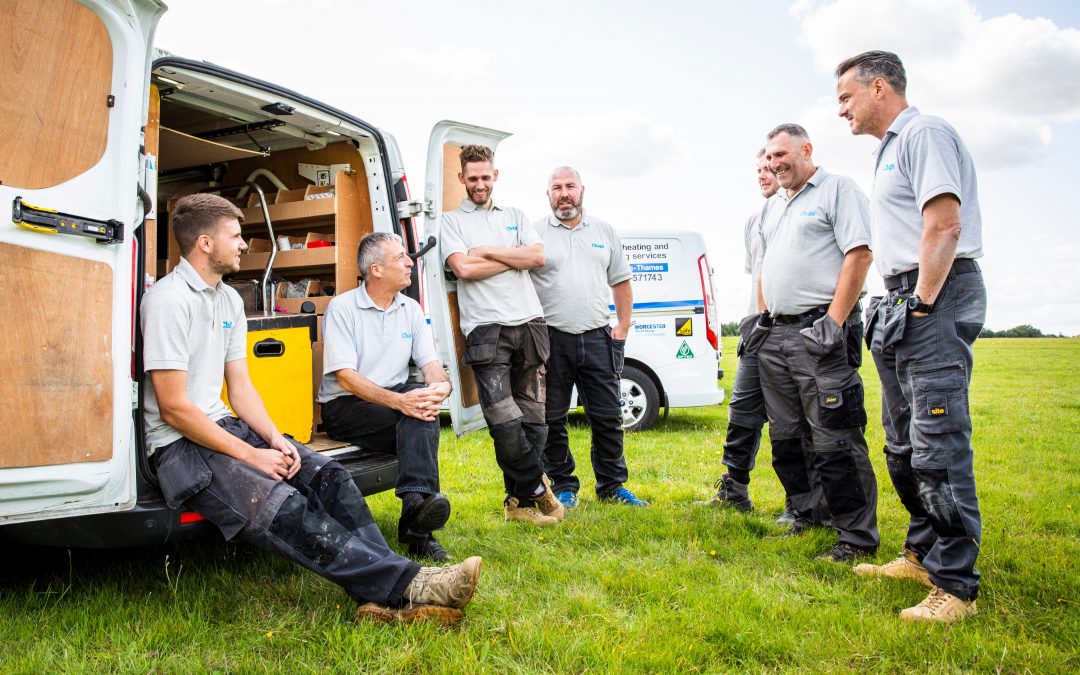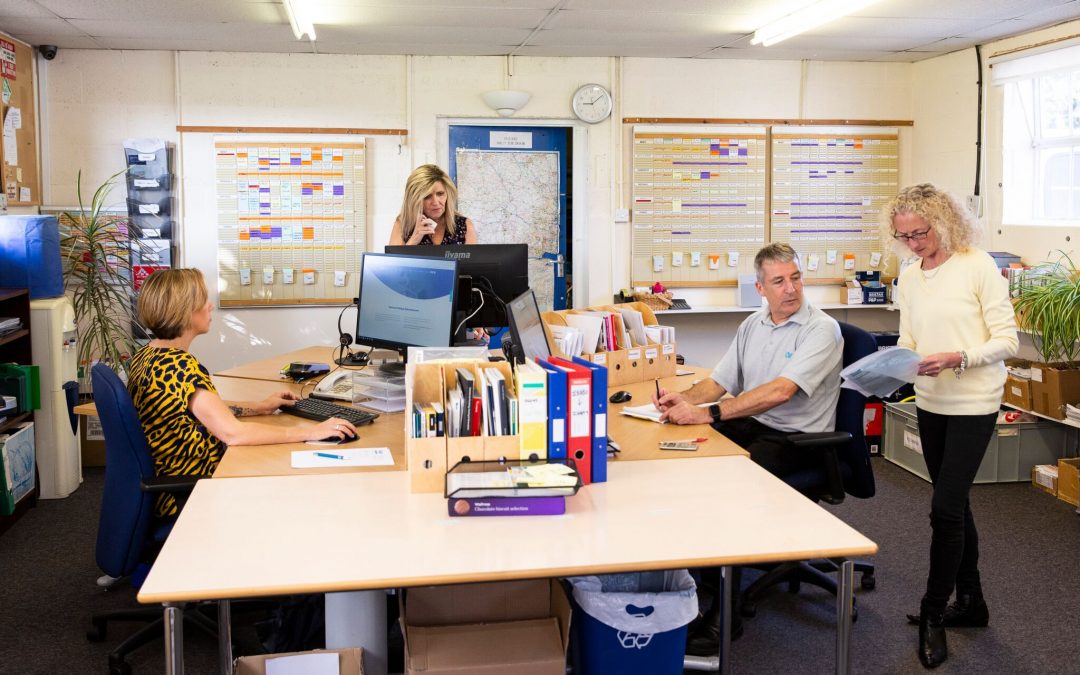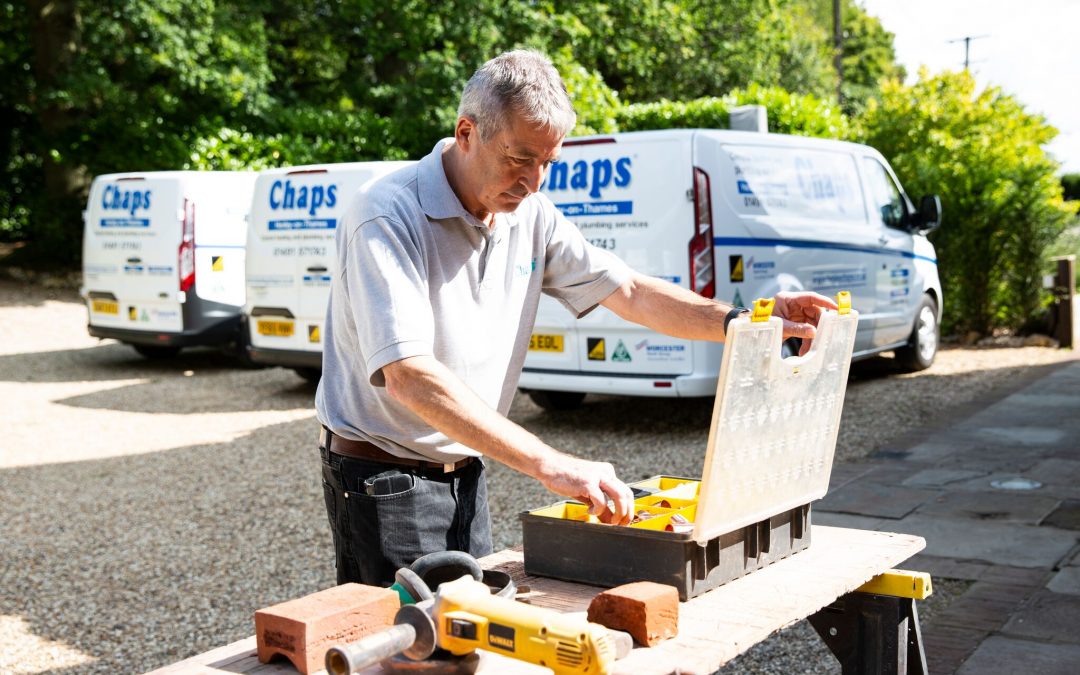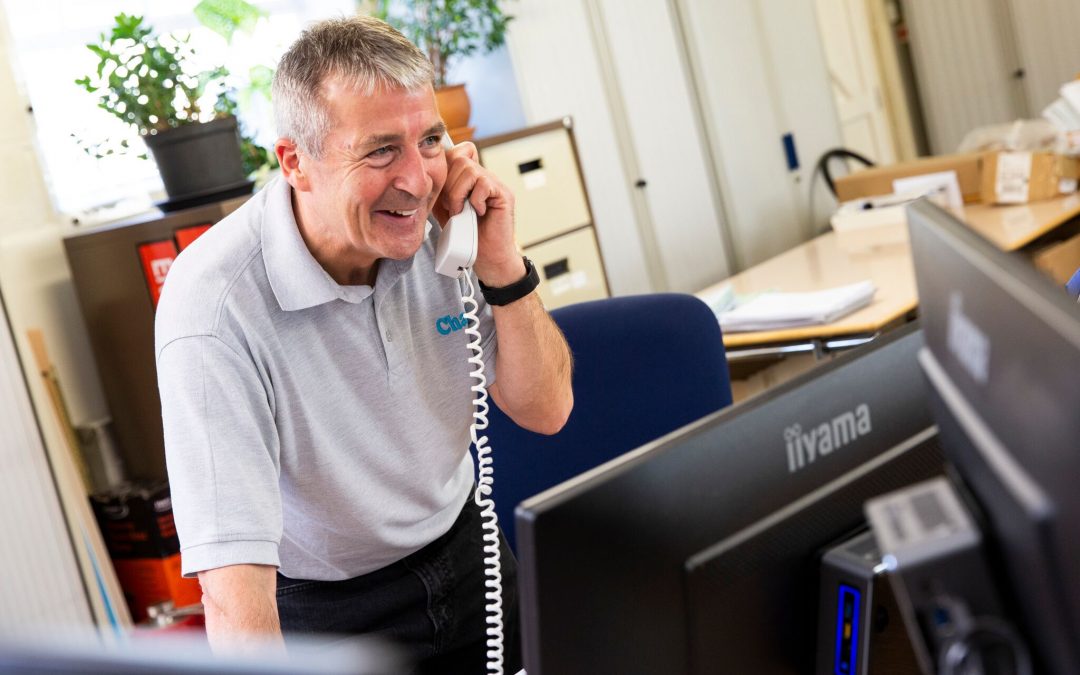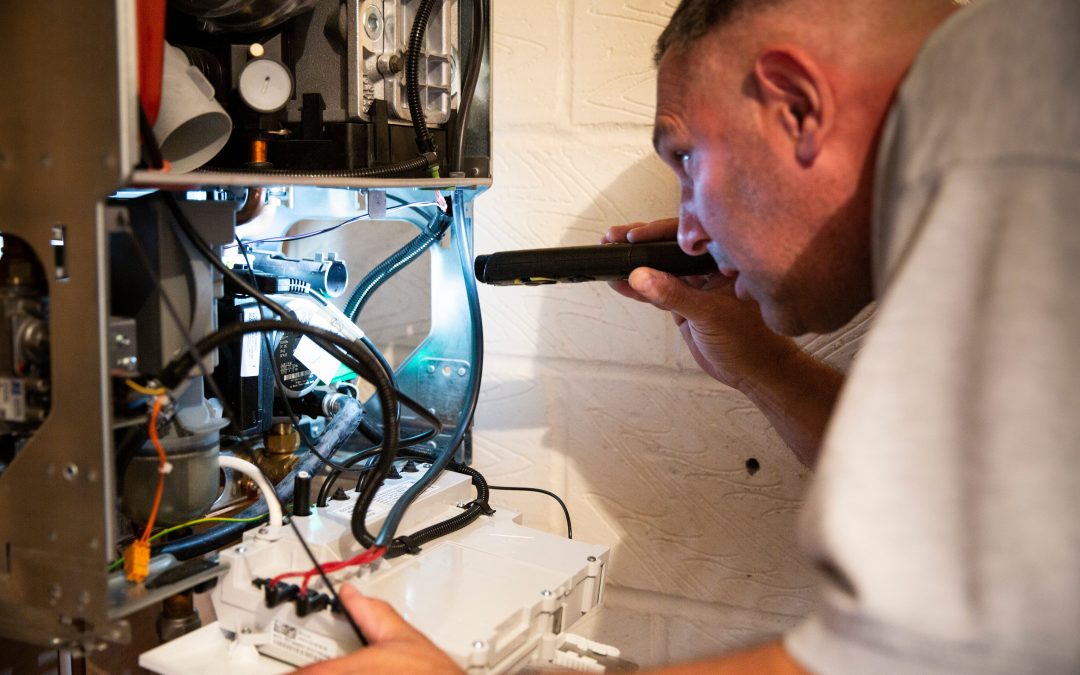Winter Boiler Advice
Our winter has been pretty mild so far but there are talks of some freezing weather coming our way in March. Therefore, we have created this blog to give you some boiler advice and to help you avoid the loss of hot water or central heating.
-
An easy way to check your boiler is working
It is only natural that during the warmer months we turn off our central heating to reduce energy bills. However, when we go to turn it on again in the winter the boiler can often struggle. It’s like not starting your car engine for 6 months, it’s bound to struggle! Therefore, we recommend that you warm up your boiler and have it on regularly throughout the day and night. Worcester Bosch (one of the UK’s top boiler provider) recommends running your boiler and radiators at the highest temperature for approximately 15 minutes and if your boiler doesn’t struggle with this it is a good indication that your boiler is working fine.
-
Check your boiler pressure
If your boiler doesn’t seem to be working as well as it should, it’s a good idea to check its pressure. There is a dial or indication of boiler pressure on all boilers. The optimum boiler pressure is between 1 and 1.5 when the system is cool. By keeping the boiler at the correct pressure you are avoiding a breakdown.
-
Radiator care
It is common for air to build up in your radiators over time and this effects their efficiency and warmth. All you need to do to resolve this is to bleed your radiator system, if you need further assistance with this please give us a call on 01491 571 743. Once your radiators have been bled check the boiler pressure as this can effect it.
-
Keep up with annual boiler services
Looking after your boiler is very important and one of the best ways is to ensure it is serviced on an annual basis. By servicing your boiler you are ensuring it is being checked by a professional once a year, the engineer can then give you advice on whether it needs replacement parts or minor repairs. Annual services prolong the life of your boiler and ensures it is running safely at all times.
-
Frozen pipes!
Some parts of your boiler may be outside which means when the freezing weather hits the condensate in these pipes freeze up. This is one of the most common boiler problems we see in the winter and can cause your boiler to stop working. Follow this link to find out how to safely unfreeze pipes.
If you have any further questions please do not hesitate to contact us – we are here to answer your questions and assist with any central heating or boiler issues you may have.

